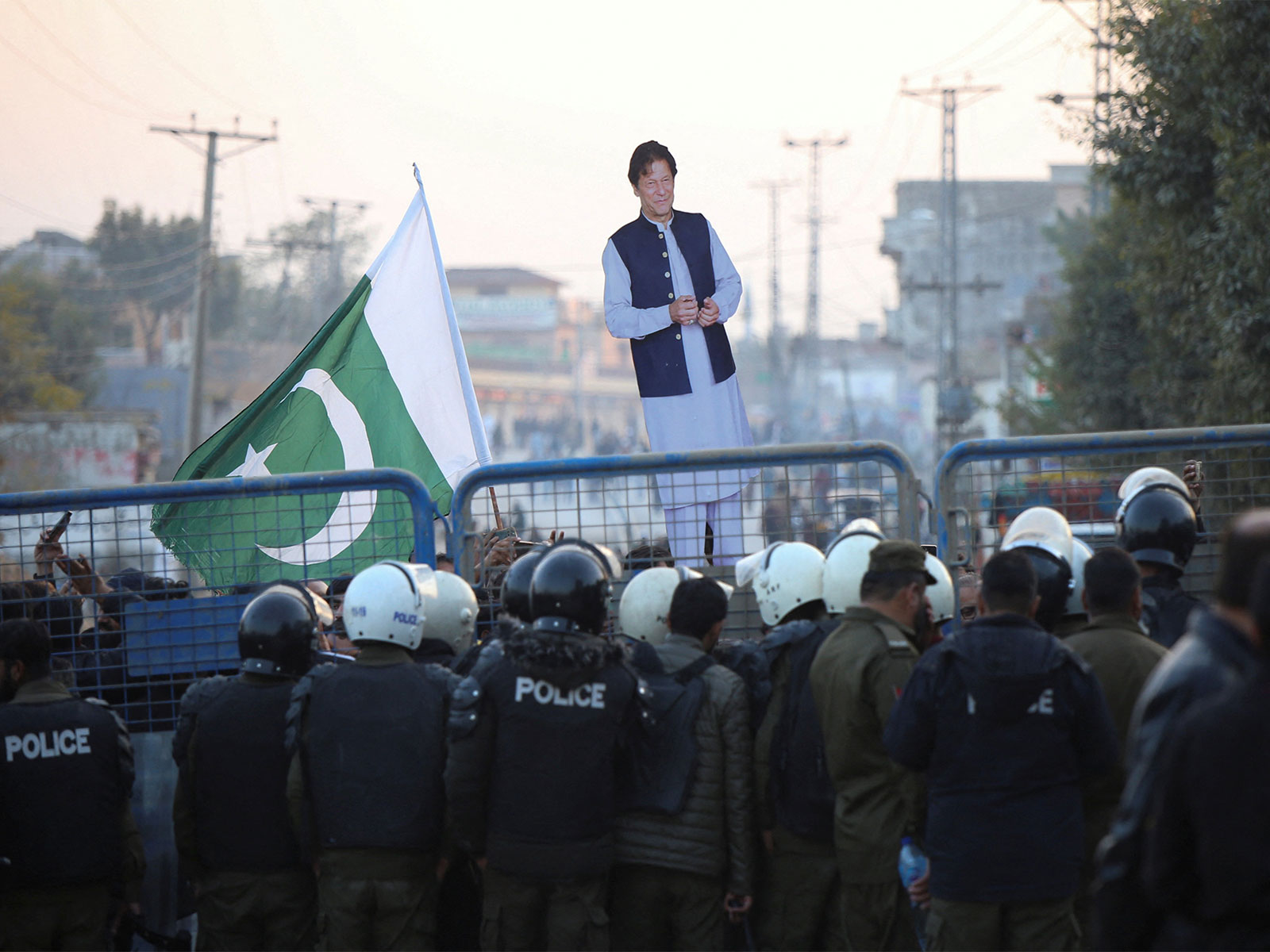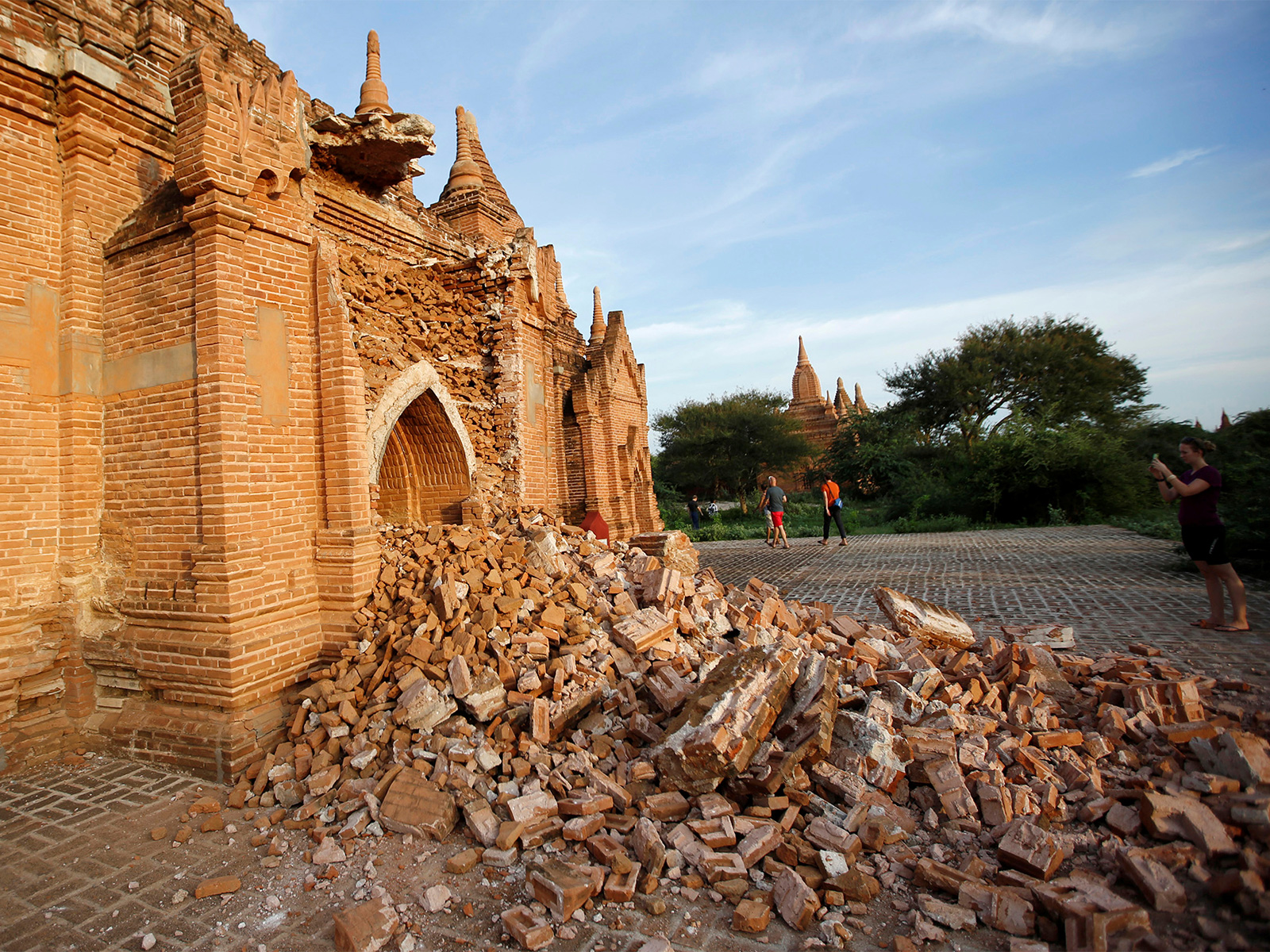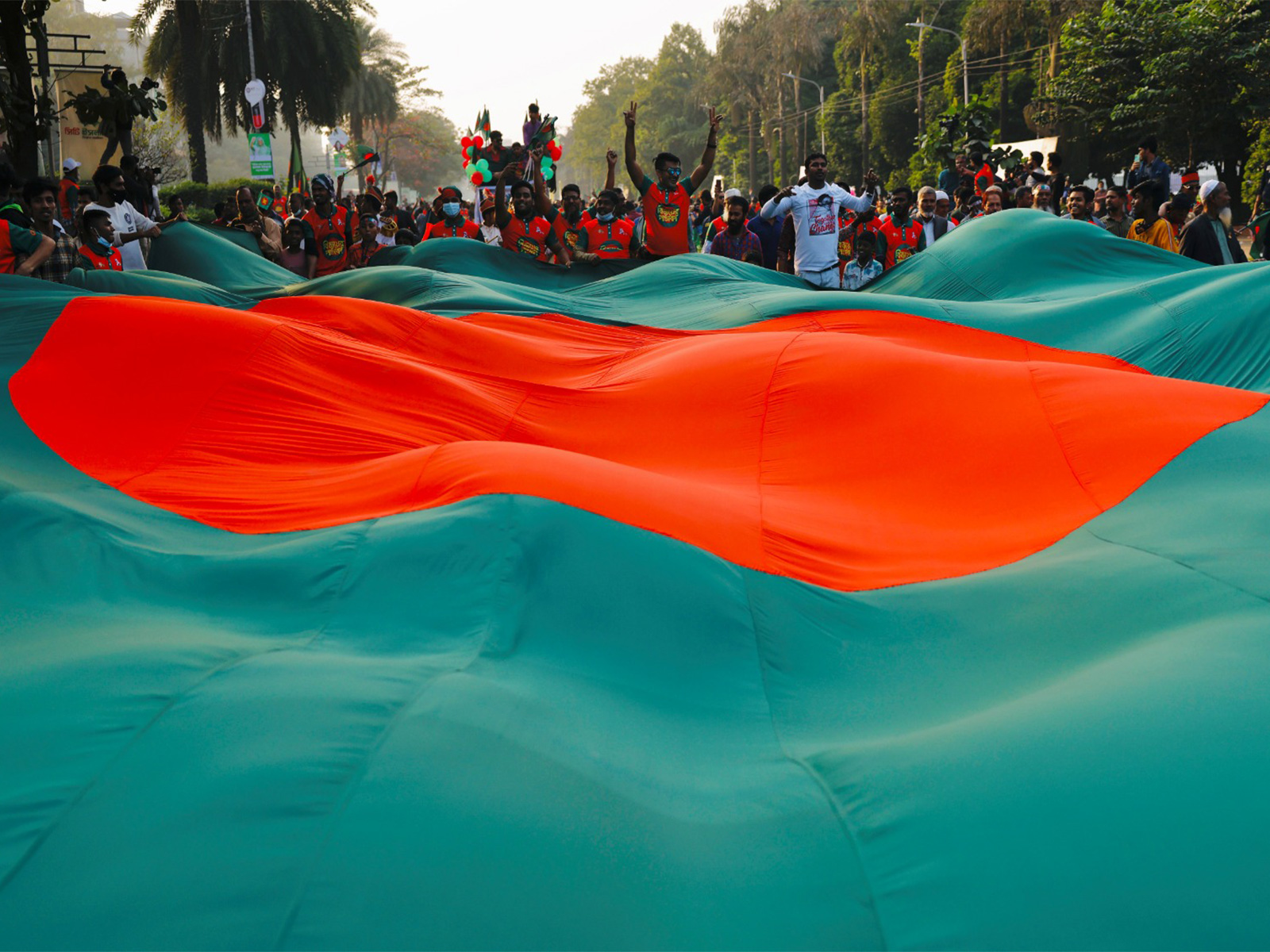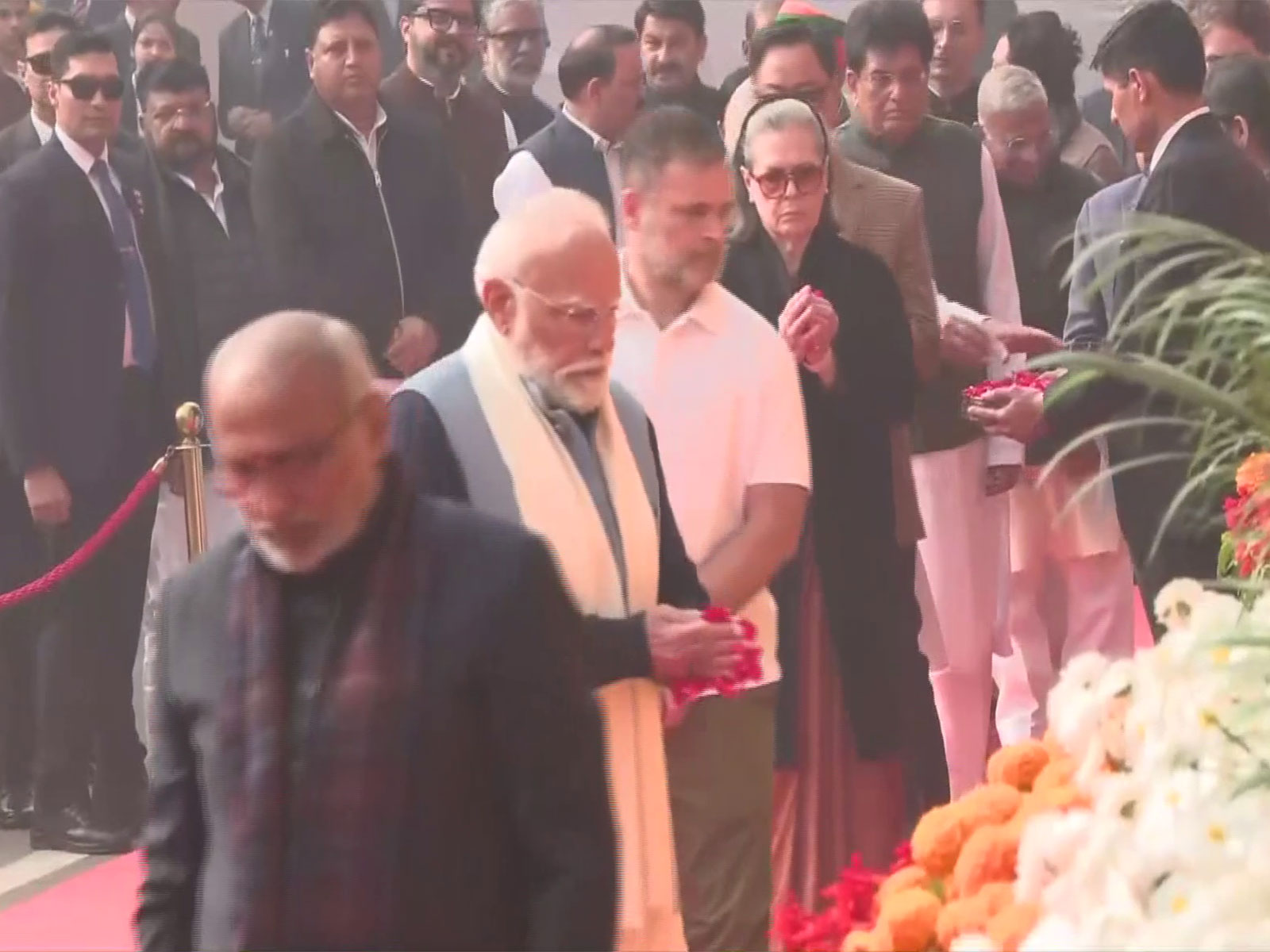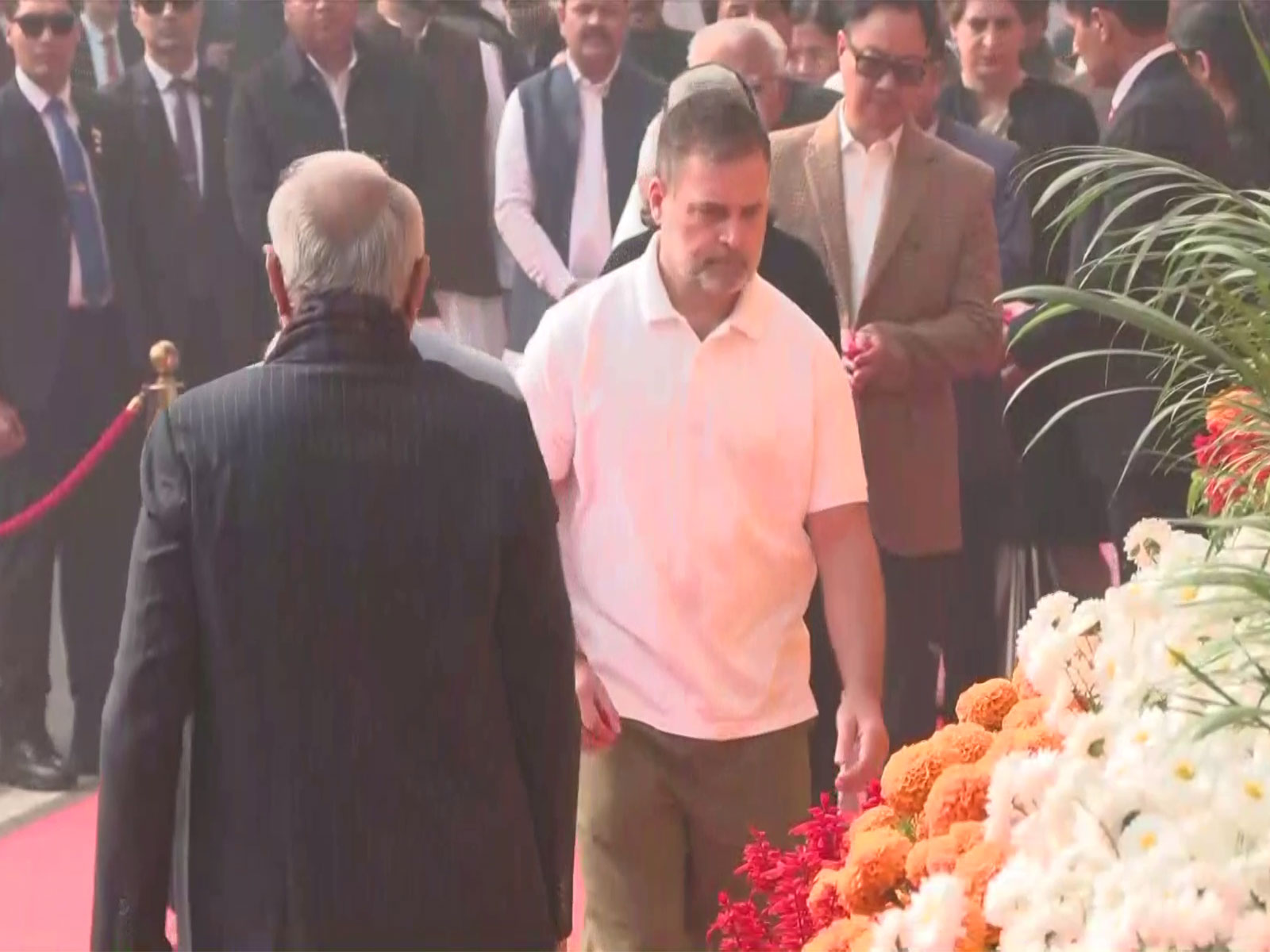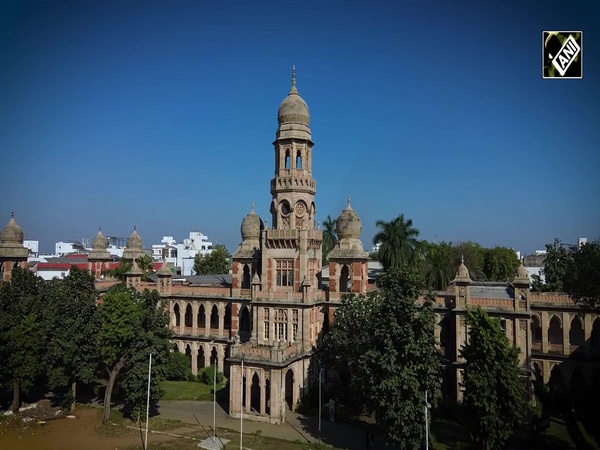Under global spotlight for its oppressive policies, Afghanistan ranks 178th on women's economic participation in World Bank report
Apr 09, 2024

Kabul [Afghanistan], April 10 : Amid global concerns over the denial of basic rights to women and girls in Taliban-ruled Afghanistan, the World Bank, in its latest report, stated that the country ranks a lowly 178th when it comes to the participation of women in economic pursuits.
State news agency Khaama Press stated that the 182-page report recently published by the World Bank assessed and ranked 190 countries on the singular yardstick of women's economic participation.
The report raises more concerns, as women in Afghanistan face numerous oppressive policies currently, with over 90 restrictions that deprive them of opportunities for employment, education, and free movement.
Titled 'Women, Business and the Law 2024', the report focuses on evaluating women's status in three major criteria--legal frameworks, policymaking, and implementation of laws and policies.
Significantly, the status of women in this report was determined and evaluated using important metrics such as workplace mobility, salary and ownership rights, maternity rights, entrepreneurship, investment, childcare, security, marriage, and retirement rights. However, Afghanistan received just 20 out of 100 points for legal frameworks and 13.3 out of 100 points for policymaking in the ranking, reported Khaama Press.
The nation also ranked 187th in terms of legal frameworks and policies, marginally lower than the ranking of women in Iran on this score.
Meanwhile, Belgium, Denmark and Canada are ranked highest in the World Bank report.
Further, according to Khaama Press, the interest of women in the private sector and business has grown throughout the last two years, as women's work and education remain suspended in Afghanistan.
However, Afghan women investors have long pushed for increased assistance for female-run businesses in the Taliban-ruled nation.
Sediqa Tufan, who runs a handicraft store, explained in an interview with Khaama Press that the reason for the surge in demand for jobs in handicraft workshops is the lack of employment opportunities and deprivation of education among girls.
Time and again, the United Nations and several international organisations have emphasised the need for the private sector to support women and ensure their meaningful participation in all aspects of public life.
The international community faces a complex dilemma in engaging with the Taliban-led government, balancing concerns for human rights, particularly women's rights, with the imperative to address Afghanistan's pressing humanitarian needs.
The situation also underscores the challenges of promoting gender equality amid political instability and conflicting priorities, Khaama Press reported.
Afghanistan is already grappling with a dire humanitarian crisis exacerbated by political turmoil and economic instability. However, the suppression of women's rights by the Taliban has emerged as a critical issue.

